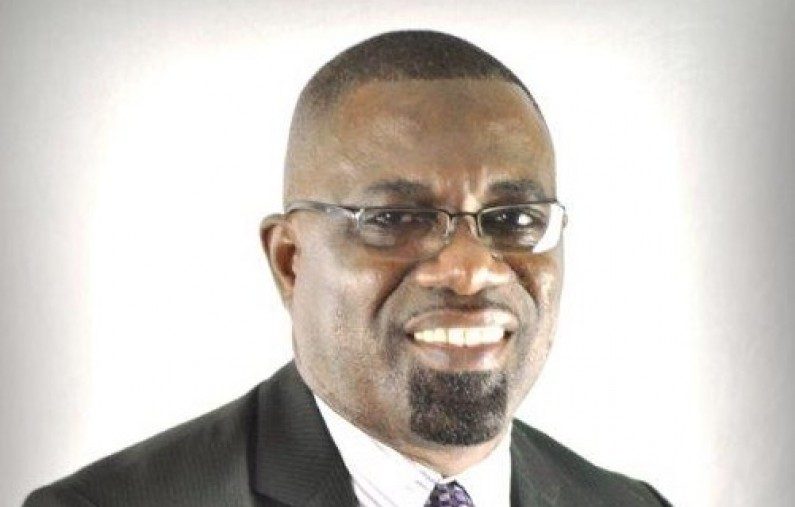
Director’s Message – January 2019
The evaluation of the Caribbean Regional Strategic Framework (CRSF) 2014-2018 was completed and was accepted by the Priority Areas Coordinating Committee (PACC) and the Executive Board earlier this month. Among other findings, the evaluation revealed that while the Caribbean has made progress in responding to the HIV epidemic, the impact of the prevention response has been inadequate, particularly among key populations.
The evaluation reinforced the critical need for member states to invest in activities to achieve prevention and the UNAIDS 90-90-90 Targets. The Board called upon countries and the Partnership to renew efforts to build capacity and work together to achieve the targets. Members noted the legal judgments in Caribbean courts affirming human rights arising from litigation and called on countries not to wait on litigation but to make amendments to laws to recognize the rights of key populations and the rights of all to access sexual and reproductive health services. The board also noted that while tens of thousands of cases of HIV infections have been prevented there is a critical need to significantly reduce new infections. This requires countries to promote age-appropriate sexual education and skills and extend sexual reproductive health services to all youth and key populations. Members recommended the introduction of innovative prevention approaches and the improvement of prevention services to ensure greater impact in reducing new HIV infections.
The Board also called on the PACC to develop a new CRSF for the period 2019 to 2023 and agreed on the following strategic priority areas:
• An Enabling Environment
• Prevention of HIV Transmission
• Care, Treatment and Support
• Integrate HIV into Health and Socioeconomic Development
• Sustainability
• Strategic Information, Monitoring and Evaluation and Research.
The evaluation also reinforced the critical need for PANCAP to accelerate the implementation of its Resource Mobilization Strategy 2018-2020 to buffer member states as they fully transition to domestic resources for HIV. We need to work with member states to get more people to know their HIV status, retain more people on treatment and get more people virally suppressed. We must intensify our efforts to achieve the 90-90-90 Targets by the end of 2020.
The PANCAP Advisory Group on Resource Mobilization will meet in the middle of February to discuss and agree on strategies for increasing our donor base including the private sector. The Group will also explore how to stimulate creative and innovative fundraising that would be developed and packaged in a very competitive way to attract potential funders/sponsors without compromising the strategic interests of PANCAP. We look forward to using the innovative strategies agreed to accelerate the implementation of the Resource Mobilization Strategy 2018-2020.
WHAT IS PANCAP?
PANCAP is a Caribbean regional partnership of governments, regional civil society organisations, regional institutions and organisations, bilateral and multilateral agencies and contributing donor partners established on 14 February 2001. PANCAP provides a structured and unified approach to the Caribbean’s response to the HIV epidemic, and coordinates the response through the Caribbean Regional Strategic Framework on HIV and AIDS to maximise efficient use of resources and increase impact, mobilise resources and build the capacity of partners.
What are the Global AIDS Strategy 2021–2026 targets and commitments?
If targets and commitments in the strategy are achieved:
- The number of people who newly acquire HIV will decrease from 1.7 million in 2019 to less than 370 000 by 2025
- The number of people dying from AIDS-related illnesses will decrease from 690 000 in 2019 to less than 250 000 in 2025.
- The goal of eliminating new HIV infections among children will see the number of new HIV infections drop from 150,000 in 2019 to less than 22,000 in 2025.
What are the 95-95-95 Targets for ending AIDS?
- 95% of People Living with HIV know their HIV status;
- 95% of people who know their status on treatment; and
- 95% of people on treatment with suppressed viral loads.
HELPFUL LINKS:
Global AIDS Strategy 2021–2026, End Inequalities, End AIDS
https://pancap.org/pancap-documents/global-aids-strategy-2021-2026-end-inequalities-end-aids/
Caribbean Regional Strategic Framework on HIV and AIDS (CRSF) 2019-2025
https://pancap.org/pancap-documents/caribbean-regional-strategic-framework-2019-2025/
